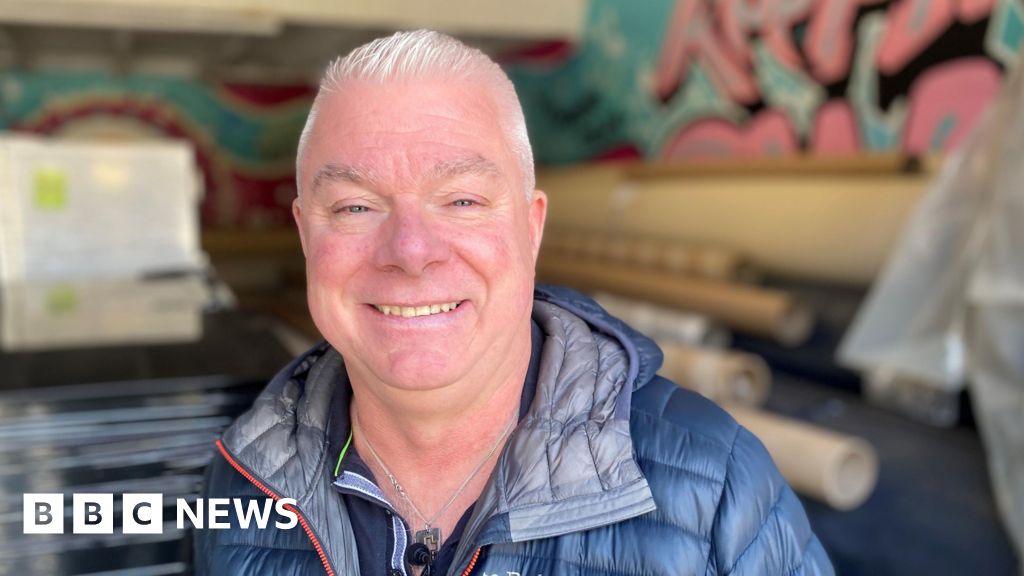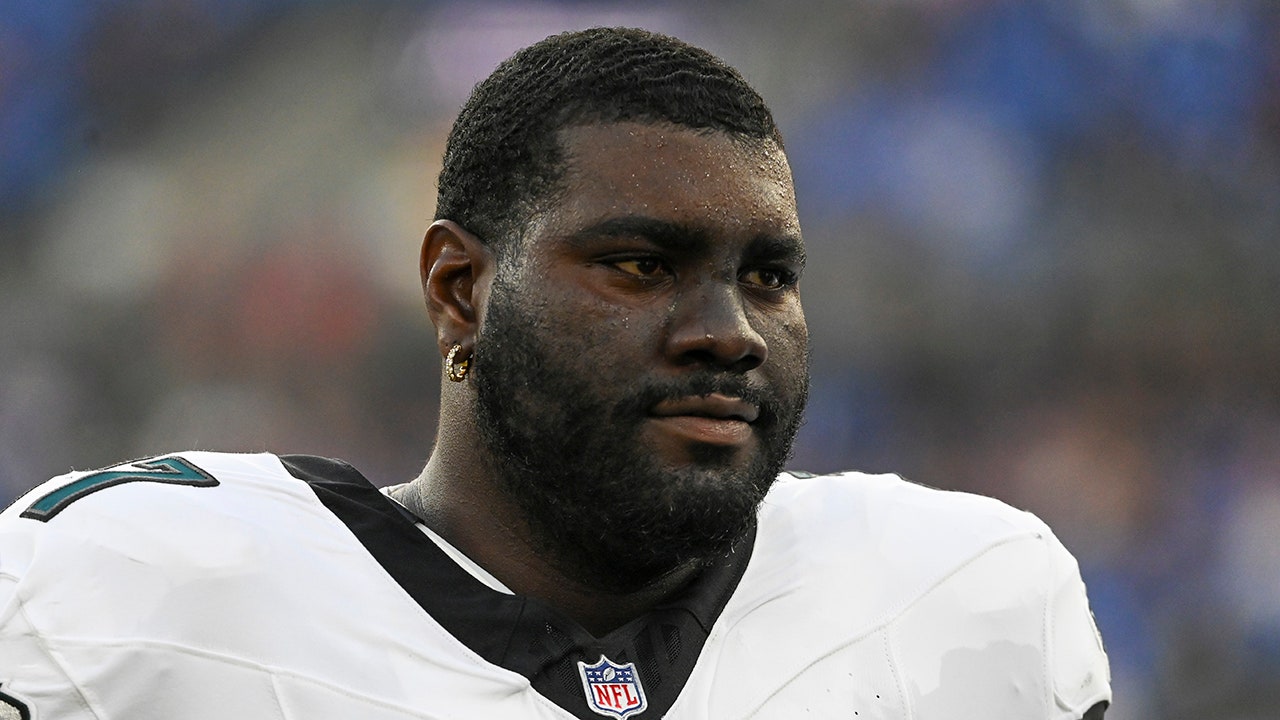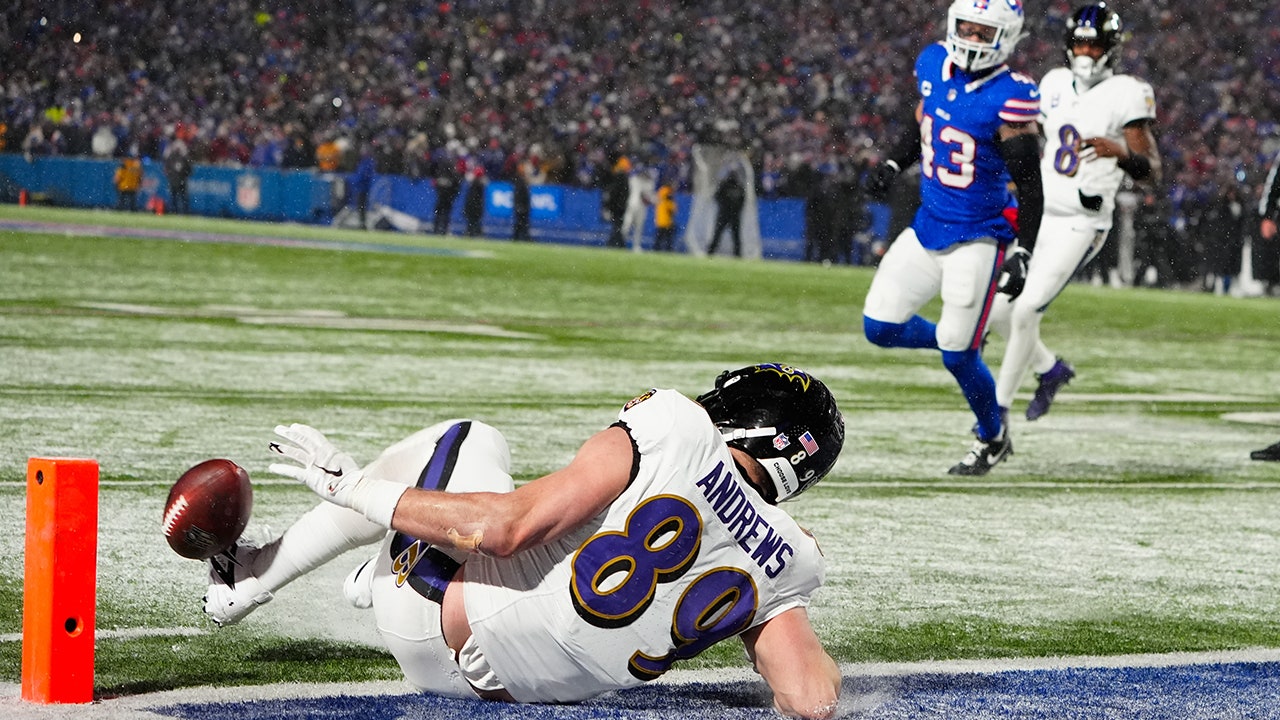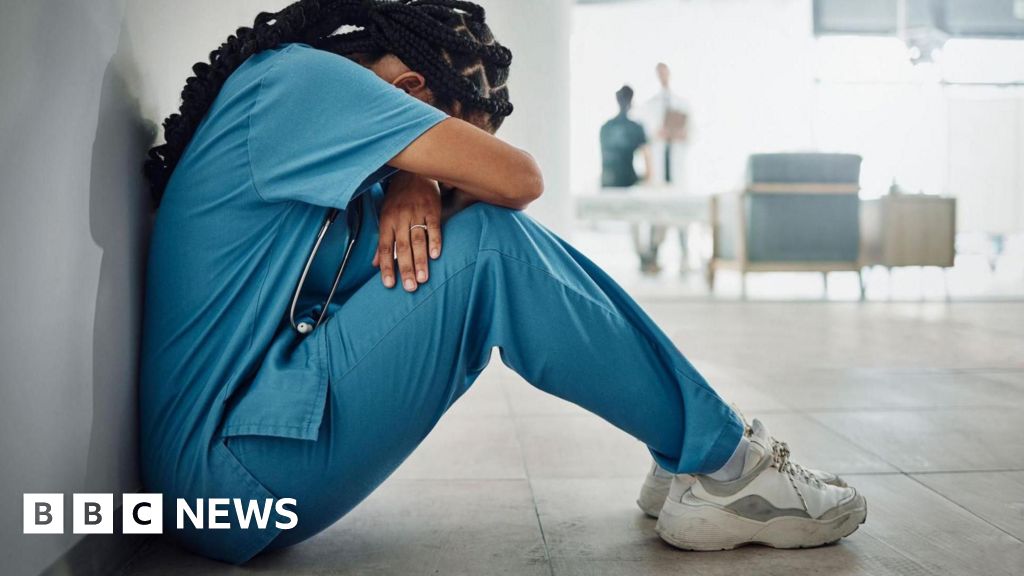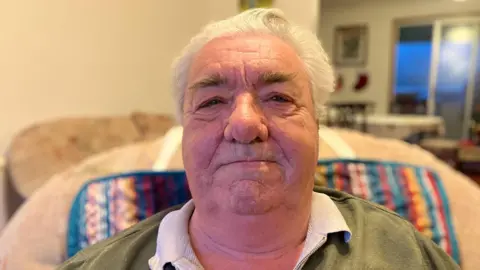 BBC
BBCPeople are continuing to count the cost of Storm Darragh – but one man was told by his insurers it was not actually a storm at all.
Dennis Iliffe was initially refused a pay-out because wind speeds in his home town of Kidderminster only hit 53 mph.
He said he was “absolutely astounded” to learn that was 2 mph below his insurance provider’s definition of a storm.
Since Mr Iliffe shared his story with the BBC, his insurance provider Ageas has agreed to settle his claim.
The Association of British Insurers (ABI) has confirmed that a storm is “a period of violent weather defined as wind speeds with gusts of at least 48 knots (55mph)”.
Mr Iliffe paid £500 to have his aerial replaced and chimney repaired.
On Ageas’ initial rejection of his claim, he said: “They didn’t want to know. They said the gust was only 53mph and it has to be 55mph to be declared a storm.”
Some of Mr Iliffe’s neighbours also suffered damage to their properties – with other aerials destroyed, brickwork damaged, roof tiles blown off, and one with the windows blown out of his greenhouse.
At least one ran into the same problems with their insurance providers as Mr Iliffe.
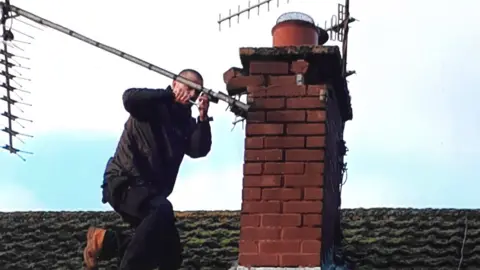 Dennis Iliffe
Dennis IliffeMr Iliffe compared the issue to so-called “acts of God”, which are traditionally quoted by insurance providers as events they will not cover.
“You pay insurance, you think you’re covered,” said Mr Iliffe.
“But when you come to make a claim, they don’t want to pay.”
He accepted that insurance providers may be wary of people using storms as a pretext to make a claim on properties already in need of repair.
“But what on earth are you covered for?” he asked. “If you have a fire, does the fire have to be a certain temperature? It beggars belief.”
After the BBC reported Mr Iliffe’s story, Ageas confirmed it would settle his claim.
Claims Director Stephen Linklater said: “While Mr Iliffe’s claim did not meet the standard definition of a storm, we review each case individually and asked for additional information for the work to consider Mr Iliffe’s case.
“Now that we have supporting information, we have agreed to settle Mr Iliffe’s claim.”
Analysis
Was Storm Darragh worse because of the impact of man-made climate change?
As a journalist, when answering that question I have always said in the past that experts cannot say for sure an individual weather event is caused directly by climate change.
That is because there have always been storms and floods, no matter what the climate is doing.
However, scientists have been working hard to untangle all the complexities of severe weather mixed up with the changes brought on by a warming planet.
ClimaMeter is a website put together by a team of researchers from all over the world that examines severe weather events and then tells the rest of us in plain language what role climate change actually played in them.
They do this by comparing measurements from similar storms in the past.
For Storm Darragh, the scientists say climate change played a big role.
The heavy rain and strong winds in Storm Darragh locally were “strengthened by human-driven climate change”.
They can even put numbers on all this.
The researchers say storms like Darragh are 5% windier over the Atlantic coasts and up to 5mm a day (that’s up to 10%) wetter because of climate change.
The terrible impact of Storm Darragh, then, is a consequence of the choices we are making as people.
At a personal level that means everything from opposing local plans for a wind turbine or solar farm, to driving, to flying on holiday.
On a wider scale it’s councils not pushing for more cycle lanes, to the role of fossil fuel companies, to national governments not taking action to decarbonise our economies.
Storm Darragh was worse because of climate change. That’s what the science says.
We either live with the impact of future storms and floods and watch them get worse, or we choose to change.









